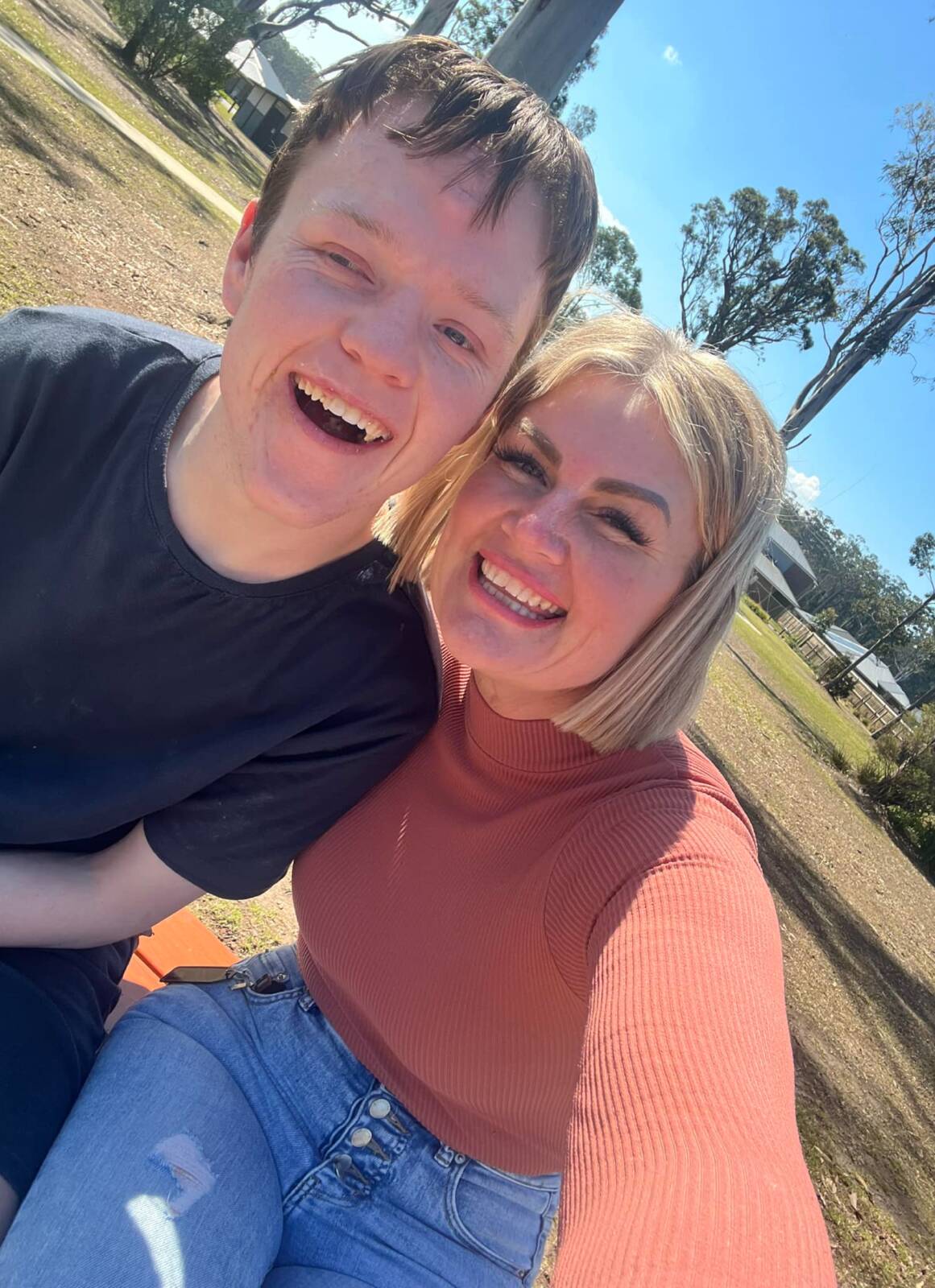
The Albanese government's NDIS review will "shake up" the system and examine what "each child really needs", Newcastle disability advocate Kristi Eastman says.
In a key measure, the review proposed "foundational" support for children with autism and developmental difficulties in schools and child-care centres, rather than the NDIS.
It also proposed a "fairer and more consistent participant pathway", as the government moves to tackle the scheme's skyrocketing costs.
Ms Eastman, director of Live Your Best Life, said "foundational support could be a great thing, as we constantly see children fall through the gaps when NDIS won't fund them".
However, she wondered who will decide "what counts as a less severe disability", how the new system will be funded and whether waitlists for services will occur.
"Overall, I think it's a step in the right direction to a sustainable disability system," she said, adding that the review was "definitely stirring things up".
"It's going back to basics - focusing on helping those with functional impairments rather than just going by diagnoses. That's a big plus.
"They're shaking up how they assess children's needs. It's not a one-size-fits-all deal anymore. They're looking at what each child really needs and setting budgets based on that."
The federal government released its long-awaited independent NDIS review on Thursday. The report made 26 recommendations with 139 actions for change.
NDIS minister Bill Shorten highlighted that the review found that support "should be available to all Australians with disability, whether they are on the NDIS or not".
Mr Shorten said last month that "any reforms would focus on future participants", but the review said "changes should ensure existing participants experience a smooth and fair transition to the new participant pathway".
The recommendations include scrapping the list of medical diagnoses that guarantee access to the NDIS, replacing it with methods to assess functional impairment.
This followed concern that NDIS financial incentives had caused Australia's autism diagnosis rates to be among the highest in the world.
The government is seeking to reduce NDIS costs, which projections show will rise from $34 billion this year to $100 billion in a decade.
Autism has the highest number of NDIS participants [7404] in the Hunter, followed by those with intellectual disability [3460] and developmental delay [3448].
Maxine Baird, president of the Hunter-based Strive for Autism, said "more and more people are being diagnosed with autism".
"It's important to give opportunities and recognition to children on the spectrum," Ms Baird said.
She said it was "not easy for families" affected by autism.
"They need help, especially when their child has just been diagnosed. It's very difficult for families to know where to start," she said.
Andrew Trenfield, regional manager of Aspect Therapy [which runs a Hunter school with specialised autism classes], expected reforms to ensure all people with disability "receive quality access to essential supports and services".
"We welcome the vision for a connected system of support, inclusive and accessible mainstream services, and a thriving early childhood support system," he said.
Mr Shorten said the Albanese government and the states had committed to "reforming the NDIS to make disability support fairer".
Ms Eastman said the state government had "deserted disability support outside of the NDIS" and needed to "step up".







